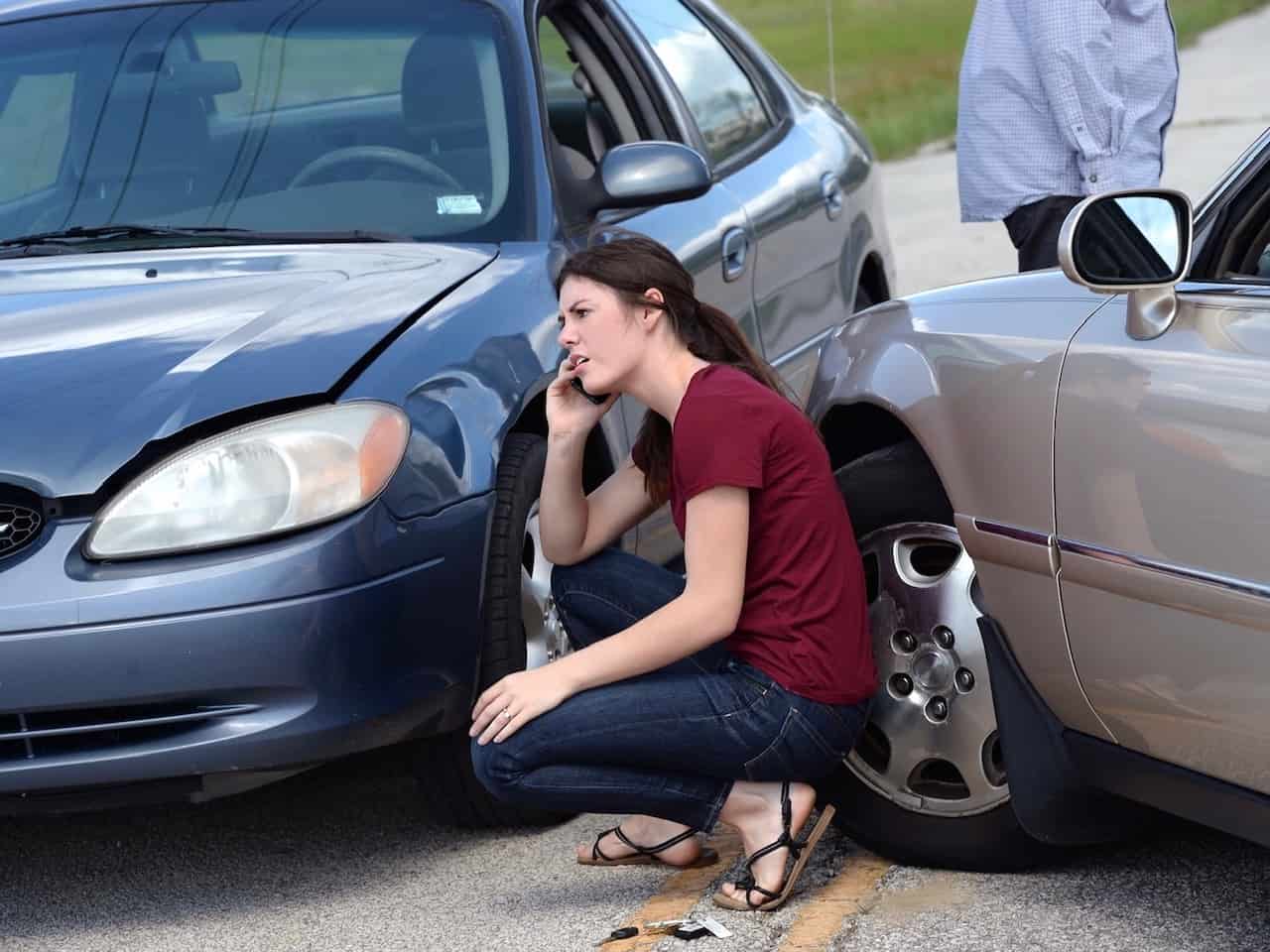After an accident comes the inherent dread of filing the accident report with your insurance company. From speaking to representatives to waiting for your insurance rates to spike, the financial drain from the accident doesn’t end the second your car is fixed. However, there are cases when filing an insurance claim might do more harm than good. It’s important for every driver to know when to file, and when not to file an auto insurance claim.
To file, or not to file: here are some examples of car accidents, and what your next move should be.
Situation #1: The Slight Bumper Dent
You’re pulling into your garage and accidentally dent the front bumper against the side of the house. The dent is small and repairing the damage will cost less than the deductible.
Should You Make a Claim?
No, this is a situation of when not to file an auto insurance claim. With the repair cost being smaller than the deductible, you will end up losing money in this situation. Your insurance rates will increase, and you already paid more for the deductible than you would have paid if you just took it to a shop. On top of that, the only possible property damages done were to your property. Therefore, there won’t be another person involved as far as damages or injuries.
Situation #2: An Accident Without Injuries
You hit someone else’s car and the damages look semi-serious, however nobody appears injured.
Should You Make a Claim?
Yes, this is a situation when you should make the claim. Even if the damages look semi-serious from your vantage point, there could always be damages that you cannot see, but a trained professional can. In this situation, your deductible price and increased rates can still be less expensive than paying someone without involving insurance.
Situation #3: A Minor Accident With Injuries
You’re involved in a minor accident, but the person you hit is complaining of a sore neck and a headache.
Should You Make a Claim?
Yes. If someone is complaining of an injury, you need to file a claim with your auto insurance. Medical bills for the other person can be billed to you, and those can pile up quickly and become very expensive. Delayed injuries like whiplash or a concussion can come back against you, and you will be responsible for paying their current, and potentially their future medical bills. This is your insurer’s job to handle it, not yours.
Situation #4: The Minor Fender Bender
You are involved in a slight fender bender, there are no injuries and no noticeable damage.
Should You Make a Claim?
No, this is another situation of when not to file an auto insurance claim. If there are no injuries and no damage, exchange contact information if necessary and make sure to take photos at the time with a time stamp in case they try to come after you later for damages that you did not do.
Here are more situations of when to file, and when not to file an auto insurance claim.

When Not to File an Auto Insurance Claim
- If it is a minor self-accident. If your insurance only covers liability and not collision coverage, then your policy will not even pay for any damage to your car anyway.
- If nobody is injured. However, it is your duty to make sure that nobody is hurt, or complaining of any pains before deciding to not file a claim.
- Your deductible costs more than your repair. In some cases, a minor repair cost could be less than the deductible, so there is no point in paying more out of your pocket than necessary.
- Nobody else’s property is damaged. If there is no damage to your property or anyone else’s, don’t waste money on a deductible.
When to File an Insurance Claim
- If there is an injury. In this case, it’s smarter to file a claim because medical bills can be costly, and if you caused the accident, you’re the one held responsible for paying.
- If repairs are more expensive than the deductible. File an auto insurance claim if the cost to fix your car is higher than the deductible price.

Moving Forward
Whether you are going to make a claim or choose not to make a claim, you need to decide which route you’re going to go with sooner, rather than later. If you decide to make a claim a week after the accident, there is no guarantee that your insurance will choose to cover you or your accident, leaving all the payments up to you.




